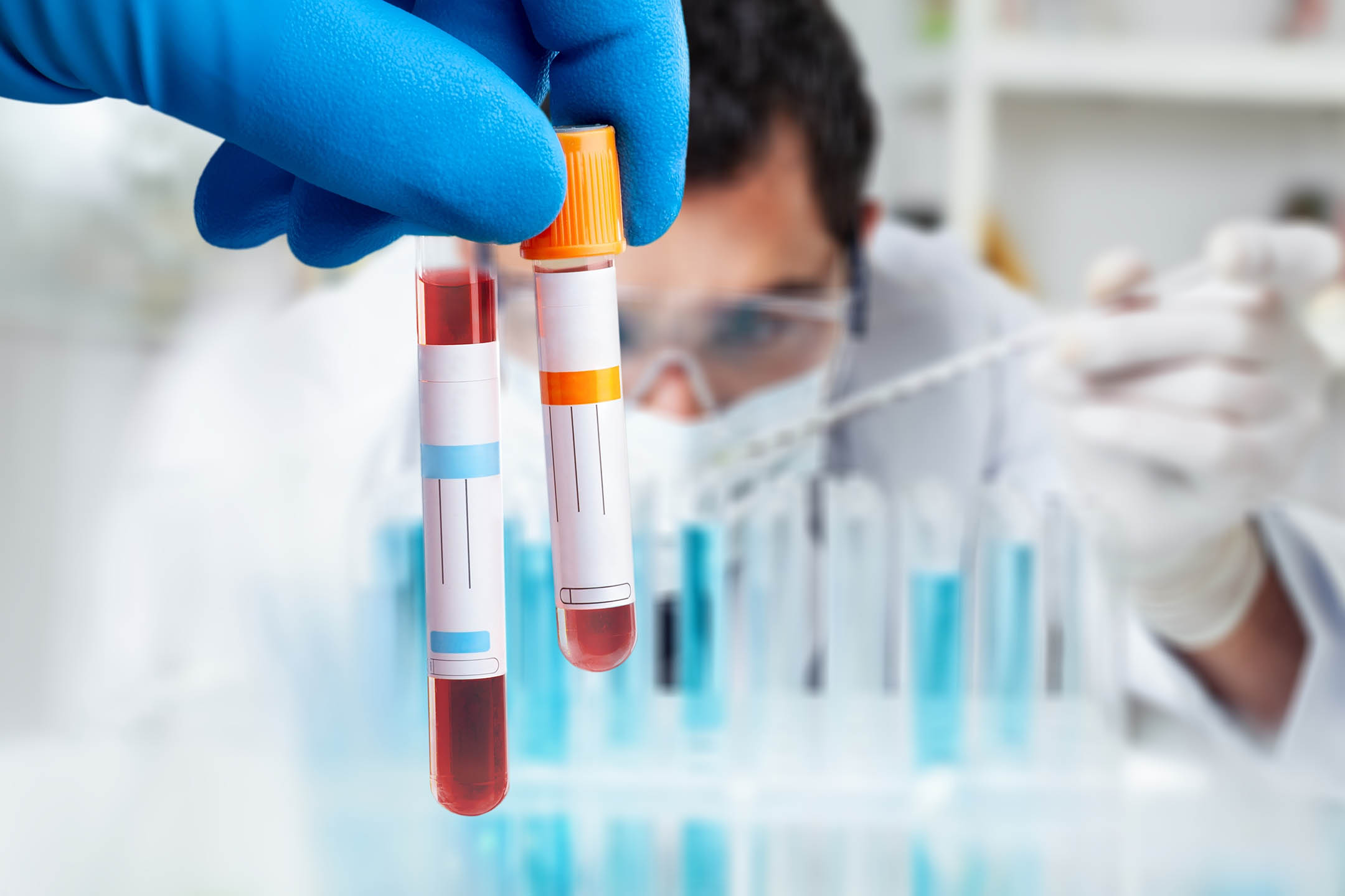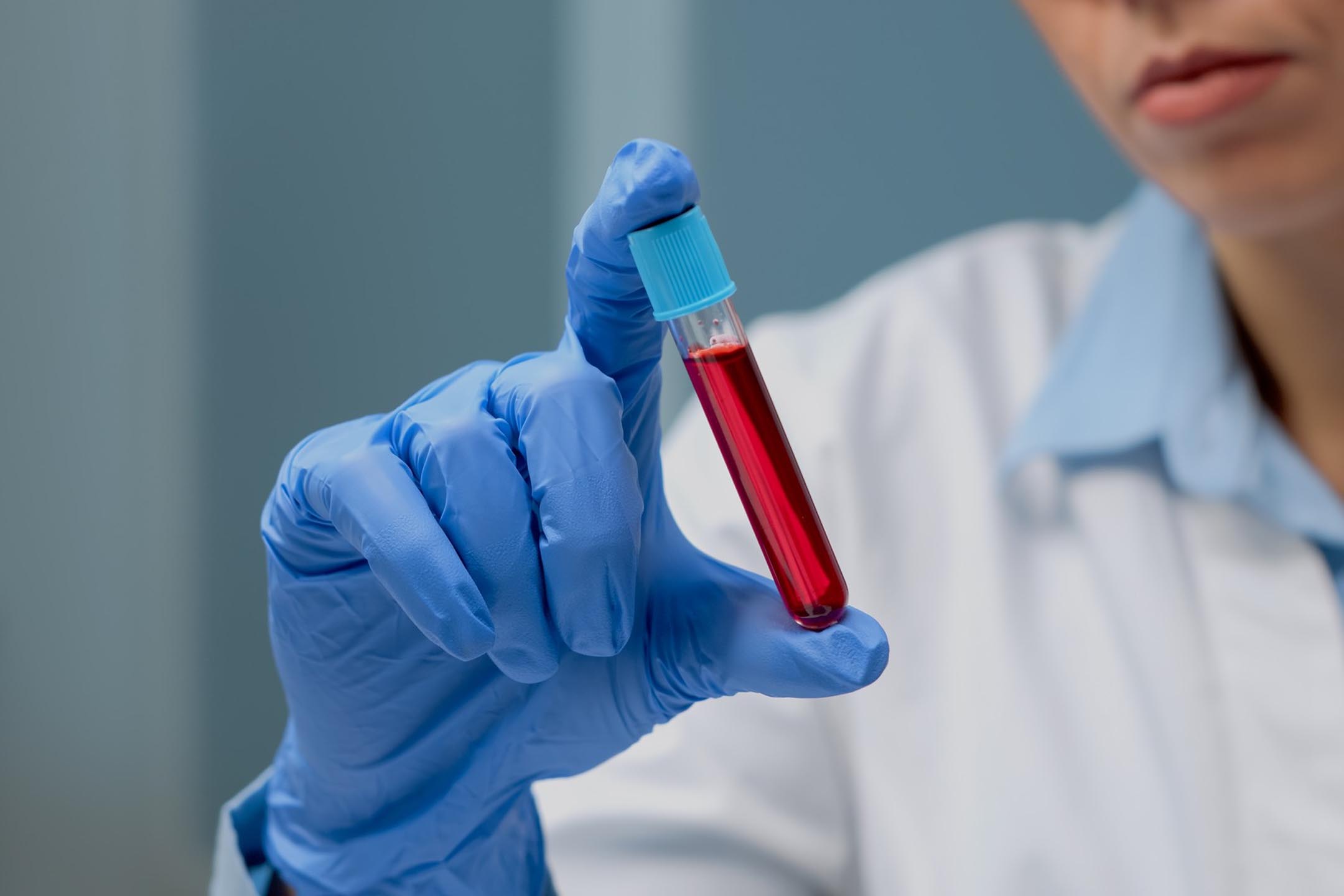Modern medicine is increasingly being focused on prevention rather than reaction – and blood testing plays a pivotal role in this shift. By identifying hormonal or nutritional imbalances before symptoms emerge, early blood tests offer a chance to intervene sooner and maintain better long-term health. But how reliable are these tests, and what exactly can they detect before we feel anything is wrong? We explore the role of blood testing in early detection and why it’s becoming an essential tool in proactive healthcare.
Understanding Imbalances and Their Early Warning Signs
What Are Hormonal and Nutrient Imbalances?
Hormonal and nutrient imbalances occur when the body has too much or too little of a critical substance, such as thyroid hormones, vitamin D or testosterone. These imbalances can influence energy levels, immune function, mood, sleep and more. For example:
- Thyroid issues may result in fatigue or weight gain
- Vitamin D deficiency can weaken bones and affect immunity
- Hormonal disruptions, such as low oestrogen or testosterone, can influence reproductive and emotional health
These are common, yet often underdiagnosed until they begin to significantly impact an individual’s wellbeing.
Why Symptoms Aren’t Always Present Right Away
The body is remarkably adaptive, which means it can compensate for imbalances for some time before showing overt signs. A mild vitamin B12 deficiency might not show up as fatigue or brain fog until levels become critically low. Similarly, early thyroid dysfunction can progress quietly, without the typical signs like hair loss or temperature sensitivity.
The Role of Blood Testing in Detecting Early Imbalances
Types of Blood Tests Used to Detect Imbalances
A range of targeted blood tests can help identify imbalances early:
- Hormonal panels (e.g. oestrogen, progesterone, testosterone)
- Thyroid function tests (TSH, T3, T4)
- Vitamin and mineral panels (e.g. vitamin D, B12, magnesium, iron)
- Metabolic markers (e.g. glucose, insulin, CRP)
These tests provide a snapshot of your internal health, highlighting areas where early medical intervention might be needed.
How Early Can Blood Tests Detect These Imbalances?
Thanks to advances in laboratory sensitivity, many blood tests can identify imbalances before clinical symptoms appear. For example, subtle shifts in thyroid hormone levels may be picked up six to twelve months before symptoms like weight gain or low mood become apparent. Similarly, vitamin deficiencies may be detected even while dietary intake appears adequate. Early detection depends on test type, frequency and whether results are interpreted holistically.
Common Imbalances That Blood Tests Can Identify Early
Thyroid Imbalances
Thyroid hormones regulate metabolism, energy and mood. Even a slight disruption in levels can have wide-ranging effects. Blood tests can detect:
- Hypothyroidism (underactive thyroid)
- Hyperthyroidism (overactive thyroid).
Routine checks of TSH, free T4 and T3 can flag concerns early, often before symptoms like fatigue or anxiety are noticed.
Vitamin and Mineral Deficiencies
Common deficiencies detectable through blood tests include:
- Vitamin D: Linked to bone health, immunity and mood
- Vitamin B12: Important for nerve health and energy
- Magnesium: Involved in muscle function and sleep
These tests can alert patients to potential issues even before tiredness, weakness or mood changes set in.
Hormonal Changes
Menopause, low testosterone or imbalanced oestrogen can all be monitored using blood testing. These tests are particularly useful when:
- Planning fertility treatments
- Managing perimenopausal symptoms
- Investigating libido, mood or menstrual irregularities
Early testing allows both women and men to make informed decisions about their hormone health before major symptoms develop.

How Blood Tests Help Prevent Health Complications
Detecting Imbalances Before They Lead to Disease
Untreated imbalances can progress to more serious conditions. For example:
- Low vitamin D may lead to osteoporosis
- Thyroid disorders can increase cardiovascular risk
- Hormonal imbalances may contribute to infertility or metabolic syndrome
By identifying these issues early, patients and clinicians can work together to prevent chronic disease.
How Early Detection Can Improve Treatment Options
When caught early, imbalances often respond well to simple lifestyle adjustments, dietary changes or mild supplementation. For instance, correcting low B12 may be as simple as adjusting your diet or taking a short course of supplements. In contrast, late-stage imbalances often require more intensive or prolonged treatment. Early diagnosis supports better outcomes and reduces the risk of complications.
Why Early Testing Matters for Long-Term Health
The Benefits of Early Detection in Preventive Medicine
Preventive healthcare aims to maintain wellness, rather than only treating an illness. Early blood tests contribute by:
- Preventing chronic disease before it starts
- Identifying trends over time, not just snapshot values
- Empowering patients to make informed lifestyle choices
Whether you’re managing family risk factors or aiming to optimise energy and immunity, early detection can be transformative.
What to Expect from Early Blood Test Results
Results are typically reviewed by a clinician who considers your age, lifestyle, medical history and overall health. Even minor imbalances may lead to follow-up recommendations, such as:
- Repeat testing in 3-6 months
- Dietary or lifestyle adjustments
- Supplementation or prescription treatment if needed
Understanding that these results are part of a broader health picture can help reduce anxiety and encourage proactive treatment planning.
Should You Consider Early Blood Testing?
When to Schedule an Early Blood Test
You don’t need to wait until you feel unwell. Consider early blood testing if:
- You have a family history of thyroid disease, diabetes or autoimmune conditions
- You experience low energy, irregular periods or poor sleep
- You’re undergoing major life changes, like menopause or a new fitness regime
- You’re curious about optimising your health, not just reacting to illness
Blood tests are a powerful tool in personalised, preventive medical care. They offer insight into your internal health and provide early warnings when something might be off – often before you notice any signs.
Explore our private blood test services today and take the first step towards proactive, informed healthcare.


